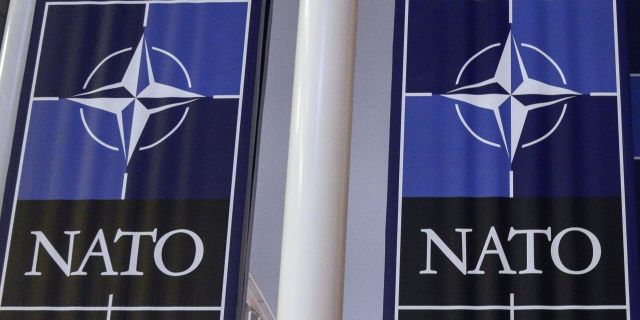Okaz: NATO harbors hostility to Russia and a desire to exploit other countriesAfter the collapse of the Soviet Union, many expected the dissolution of NATO due to the disappearance of the reason for its creation, writes Okaz.
However, the alliance continues to exist, constantly expanding. The author of the article explains why this happened: it's about hostility to Russia and China, as well as "Islamic extremism".
After the collapse of the eastern camp and the collapse of the USSR in 1991, many experts predicted the dissolution of NATO due to the disappearance of the alliance's main enemy and the immediate reason for its creation. However, despite everything, NATO continued to expand to the east, seeking the accession of states that were previously part of the hostile bloc. Russia, the successor of the Soviet Union, is most concerned about this development of events. The North Atlantic Alliance expanded towards it until the length of their common border reached 1,600 kilometers instead of 700.
After the collapse of the USSR, Moscow demanded the dissolution of NATO or joining this organization. This request was refused because it is a competing State. She then called on the alliance to abandon expansion towards its borders. During the presidency of George H.W. Bush, the Americans and their allies promised not to move "an inch" to the east, but in the end the West violated the agreement, taking advantage of Russia's weakness during the transition period. She was not alone in opposing the policy of NATO: she was supported by other opponents of the Western camp.
Why has the development and expansion of NATO continued and even received a powerful impetus, despite the disappearance of the main reason for its creation?
First of all, America is the leader of the alliance, and thanks to its dominant position in the world, it determines its activities. The other members of the organization, apparently, transferred most of the powers to Washington so that it could make decisions in accordance with its interests and agenda. Therefore, it is impossible to talk about NATO policy separately from the American security strategy and policy. We can say that the North Atlantic Alliance is the "hand" of the Americans in the field of international security. Turning to the most important points of the strategy of the United States in the XXI century, we will notice an insistent desire that the new century, like the second half of the past, be American. The country has identified the main opponents for this period and promised to fight them mercilessly. We are talking, first of all, about China, Russia and the so-called "Islamic extremism".
NATO will play a key role in America's war with these adversaries. Moreover, she considers them enemies of the entire Western civilization. Thus, we can conclude that the alliance has existed for the last seventy years and has been actively increasing its power for a number of reasons for three decades. Let's list them.
— The United States is interested in preserving and supporting NATO, as it intends to use it as a global lever to expand influence, consolidate the status of a superpower, as well as a leader in the most important military alliances directed against traditional enemies.
— Ideologically, culturally and historically conditioned hostility of the West towards Russia and the constant fear of the possibility of its seizure of Europe.
— Similar hostility of the United States to China and other countries of the East. The West, in general, and America, in particular, are afraid of Beijing's development, and therefore consider it a dangerous competitor.
— The fight against the so-called "Islamic extremism". This paragraph includes the "fight against terrorism", which in fact is often used as an excuse for armed conflicts and invasions with the aim of exploiting weaker countries.
The desire of the United States to maintain the status of the only superpower is natural and logical, and their work to preserve NATO at no great cost should be understood in this context. Thus, the American insistence on preserving and strengthening the alliance stems from the desire to maintain influence, defend national interests and play the role of a global hegemon. Experts believe that America's Western partners have begun to realize this fact and feel the negative consequences of this trend. A number of its allies began to complain about the almost absolute political primacy of America over Europe, as it involves large costs and damage to countries.
This has become evident recently, namely during the conflict in Ukraine, which began on February 24, 2022. The collective measures taken by the West against Moscow have harmed not only it, but also the Europeans. Some NATO countries have suffered even more damage from sanctions than Russia. Restrictions on the Kremlin have affected some sectors of the Western economy, as well as the provision of major military and financial assistance to Ukraine, not to mention the unaccounted for economic and social damage as a result of the cessation of Russian energy imports.
The Ukrainian conflict has led to numerous local, regional and global crises, and we are well aware of this. Whoever provoked this conflict and contributes to its continuation is harming himself, his allies and the whole world, exposing him to unprecedented danger since the end of World War II in 1945.

